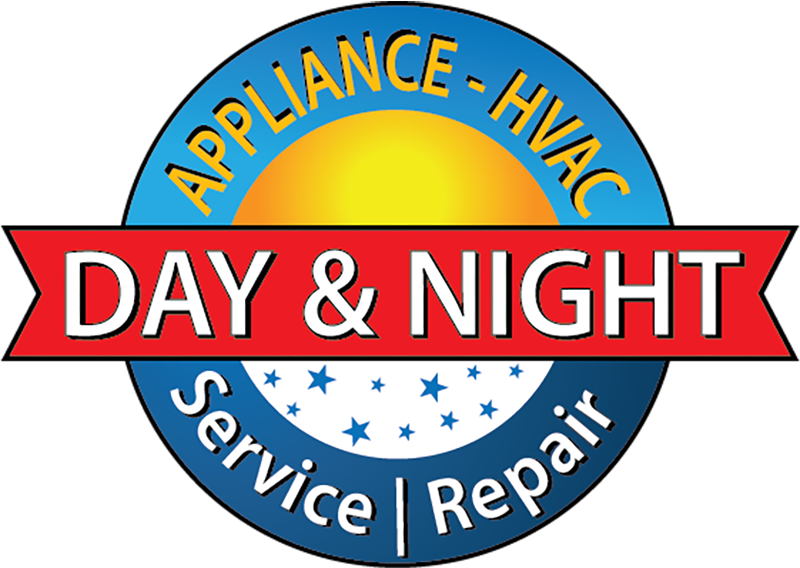Oven Safety Tips Every Herndon Homeowner Should Know
Kitchen safety starts with proper oven operation and maintenance. Herndon homeowners rely on their ovens daily for meal preparation, making safety awareness essential for protecting families and properties. Understanding common oven hazards and implementing preventive measures reduces accident risks while ensuring optimal appliance performance throughout your oven's lifespan.
Fire Prevention and Heat Safety
Oven fires represent serious household safety threats that require immediate prevention strategies. Keep oven interiors clean by removing food spills and grease buildup promptly after cooking. Accumulated debris can ignite during high-temperature cooking, creating dangerous flame conditions that spread rapidly to surrounding kitchen areas.
Maintain adequate clearance around your oven for proper ventilation and heat dissipation. Avoid storing flammable materials like towels, paper products, or cleaning supplies near oven surfaces. Even external oven temperatures can exceed safe limits during operation, making proximity storage dangerous for combustible items.
Gas Oven Safety Considerations
Gas ovens require special attention to prevent carbon monoxide exposure and gas leaks. Install carbon monoxide detectors in kitchen areas and test them monthly to ensure proper operation. If you smell gas odors around your oven, immediately turn off gas supplies, ventilate the area, and contact professional repair services before attempting further use.
Never use gas ovens for home heating purposes, as this practice creates carbon monoxide dangers and fire hazards. Gas ovens lack proper ventilation for extended operation without food cooking, leading to dangerous gas accumulation in enclosed spaces. Our experienced oven repair specialists can inspect gas connections and safety systems to ensure proper operation.
Electrical Safety and Circuit Protection
Electric ovens draw significant power, requiring dedicated electrical circuits and proper grounding for safe operation. Avoid using extension cords or outlet adapters with electric ovens, as these connections cannot handle high electrical loads safely. Overloaded circuits cause frequent breaker trips and create fire hazards from overheated wiring.
Watch for signs of electrical problems including flickering lights when the oven cycles on, burning smells from the oven area, or visible sparking from electrical connections. These symptoms indicate serious electrical faults requiring immediate professional attention to prevent electric shock or fire dangers.
Proper Door and Handle Operation
Oven doors reach extremely high temperatures during cooking cycles, creating burn hazards for household members. Always use oven mitts when opening hot ovens and teach children to maintain safe distances from oven areas during cooking. Damaged door seals allow heat escape that can burn nearby individuals unexpectedly.
Keep oven doors closed during cooking unless recipes specifically require opening for basting or monitoring. Frequent door opening wastes energy, disrupts cooking temperatures, and exposes household members to dangerous heat levels. Modern ovens include interior lights for monitoring food progress without heat exposure.
Child Safety and Kitchen Access
Establish clear kitchen safety rules for children regarding oven access and operation. Install oven locks or safety latches to prevent unsupervised access by young children. Even when ovens appear cool, internal temperatures can remain dangerous for hours after cooking completion.
Teach older children proper oven operation procedures including preheating protocols, timer usage, and emergency shutdown procedures. Supervised cooking experiences help children understand oven dangers while building essential life skills. Always ensure adult supervision when children use kitchen appliances.
Regular Maintenance and Professional Inspection
Schedule annual professional oven inspections to identify potential safety issues before they become dangerous. Professional technicians can detect gas leaks, electrical problems, and mechanical wear that homeowners might miss during routine use. Early detection prevents expensive repairs and dangerous failure conditions.
Clean oven ventilation systems regularly to prevent grease accumulation and ensure proper airflow. Blocked vents cause overheating conditions that damage oven components and create fire hazards. Professional maintenance includes thorough cleaning of internal components and safety system verification.
Emergency Response Procedures
Develop and practice emergency response plans for oven-related incidents. Keep appropriate fire extinguishers readily accessible in kitchen areas and ensure household members understand their proper use. Never use water on grease fires, as this spreads flames and creates additional hazards.
Know how to quickly shut off gas and electrical supplies to your oven during emergency situations. Label shut-off valves and circuit breakers clearly for rapid identification during stress situations. Post emergency contact numbers including gas company emergency lines and professional repair services in accessible kitchen locations.
Professional Safety Assessment
If you notice any unusual oven behavior including inconsistent temperatures, strange odors, unusual noises, or visible damage, contact professional repair services immediately. Attempting DIY repairs on gas or high-voltage electrical systems creates serious safety risks for untrained individuals.
For comprehensive oven safety inspections and professional repair services in Herndon and surrounding Northern Virginia areas, contact Day And Night Appliance Repair at (703) 376-1200 . Our certified technicians provide thorough safety evaluations and expert repairs backed by over 20 years of experience. We prioritize safety in every service call, ensuring your oven operates reliably and safely for your family's daily cooking needs.
